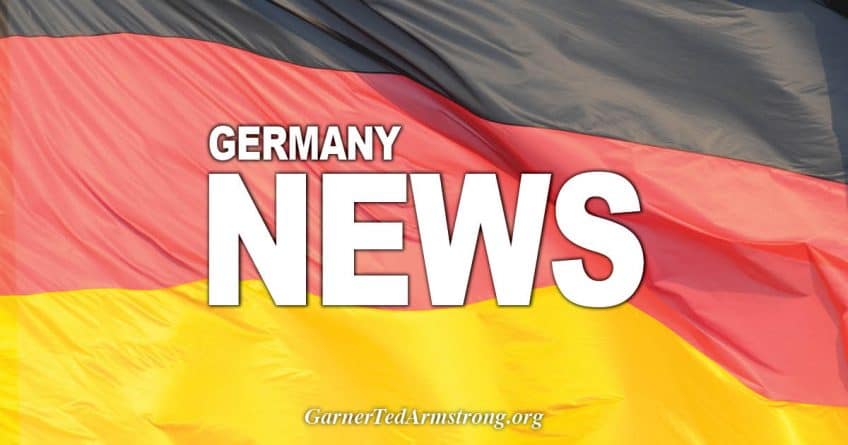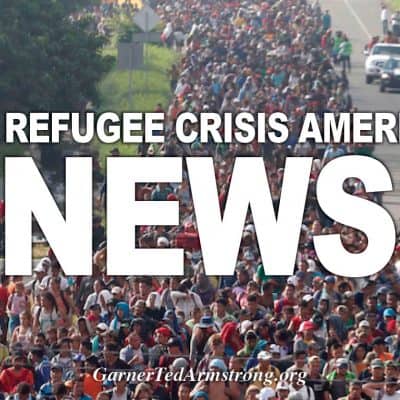(Bloomberg) — Germany’s incoming vice chancellor threw his weight behind harsher curbs on unvaccinated people, as tougher restrictions sweep across Europe to check the latest surge in COVID-19 infections.
Ahead of talks between German federal and regional officials on Tuesday, Robert Habeck, a co-leader of the Greens, said only people who are inoculated or recovered should be allowed into non-essential stores and “public settings” across the country, rather than just in virus hotspots.
“We will need to face the winter with further coordinated measures,” Habeck said in an interview with ZDF television. He also raised the prospect of bringing forward or extending the Christmas school vacation.
The latest surge in infections appears to have caught German authorities by surprise, and the transition to a new administration under Social Democrat Olaf Scholz has complicated pandemic coordination with Chancellor Angela Merkel’s outgoing government.
Pressure has been growing ahead of the change in power and the gathering will allow the politicians to address a Constitutional Court ruling on Tuesday, which rejected challenges to the government’s lockdown measures, such as nighttime curfews and closing schools. The decision could give leaders additional legal backing for a new round of restrictions.
Measures, including closing bars and clubs in hard-hit areas and restricting leisure events, were proposed by Helge Braun, the current chancellery minister.
“We now need to act in the sense of a national emergency brake,” Braun said later on ZDF. “The situation is too serious” to pass the blame.
Alongside possible new measures in Germany, Norway extended quarantine rules for people testing positive for COVID, while Greece made COVID vaccines compulsory for older people. Switzerland and Finland also are considering tighter curbs to clamp down on public contact.
Authorities have been on high alert as the omicron variant spreads. The Dutch national health service confirmed that the strain, first identified in South Africa, was in the Netherlands a week earlier than first thought after detecting two cases in test samples taken a week ago.
In a sign of the growing pressure on European leaders, the talks between German federal officials and the country’s 16 state premiers were brought forward to Tuesday from Dec. 9.
After Germany passed the threshold of 100,000 pandemic-related fatalities last week, there was a glimmer of positive news Tuesday when the seven-day incidence rate edged lower for the first time in nearly a month.
Saskia Esken, a co-leader of Scholz’s Social Democratic party, said Tuesday that more restrictions will likely be needed for those who aren’t vaccinated and for public gatherings like soccer matches.
She also declined to rule out another full lockdown like in neighboring Austria, citing the emergence of the new omicron variant.
“These days I would urgently recommend to anyone who has political responsibility not to rule anything out,” Esken told ZDF. “We don’t know what the development will be, and we have this new variant in Europe and need to react to that.”
(Updates with details on potential German measures)
[Disclaimer]









